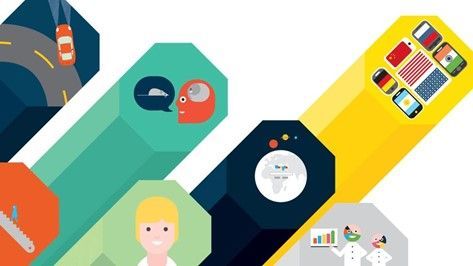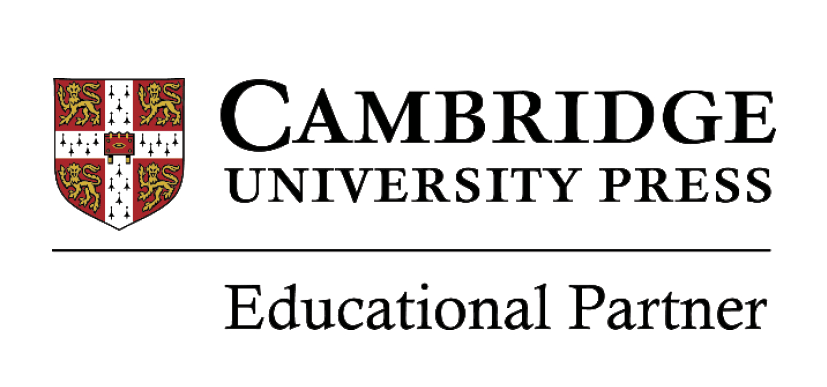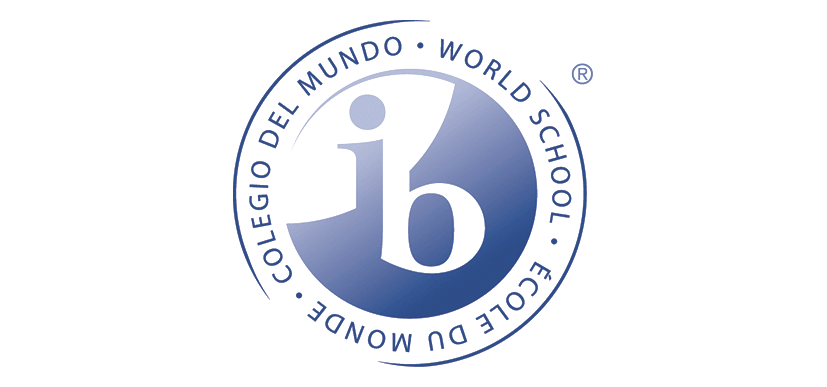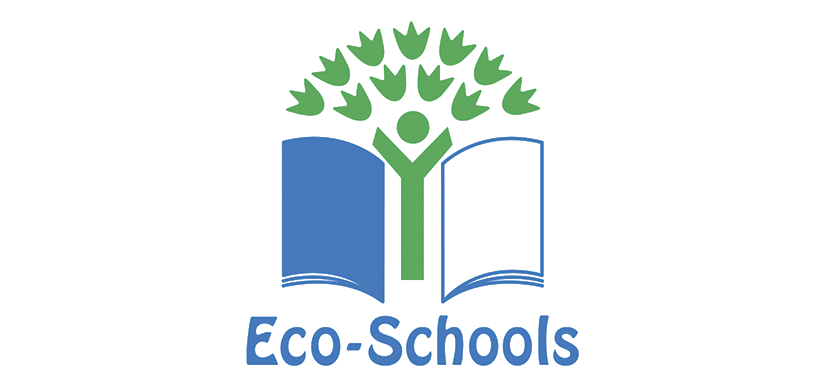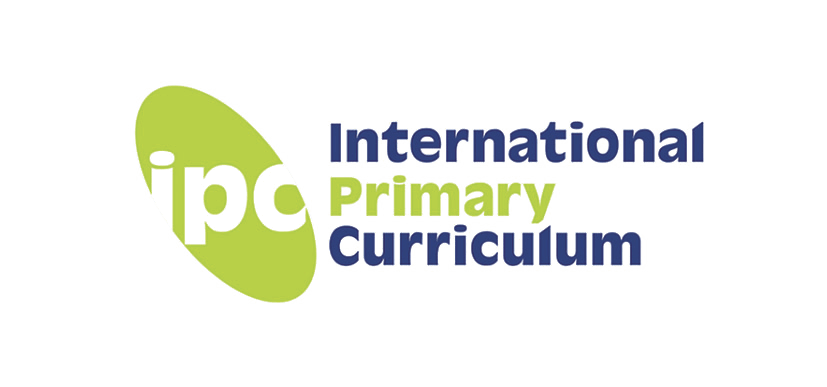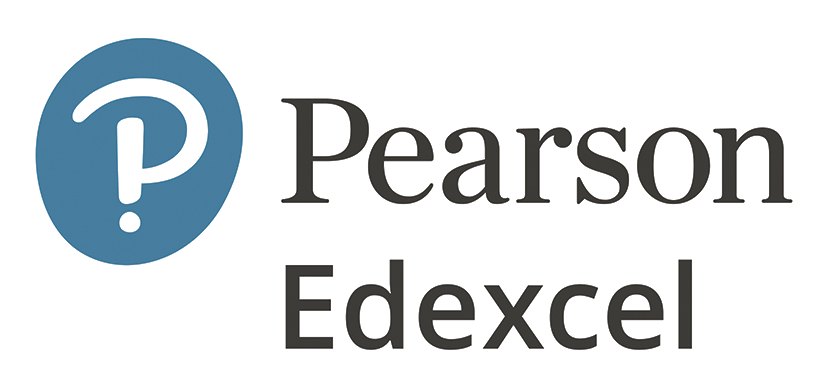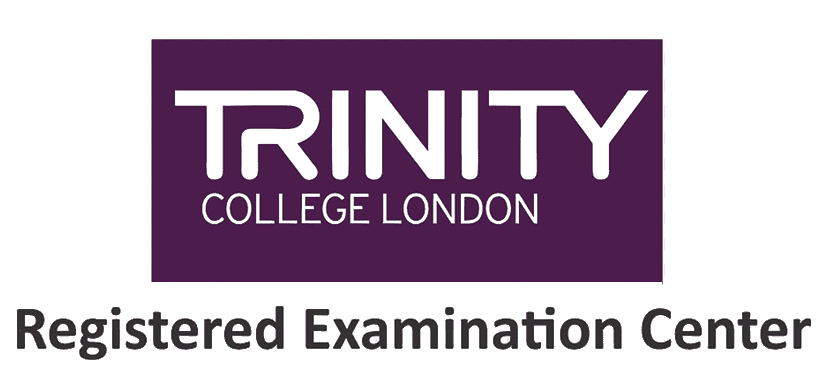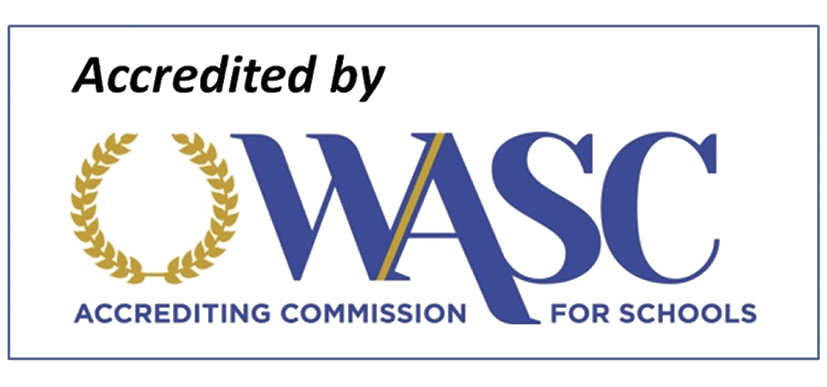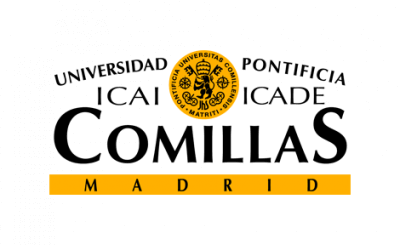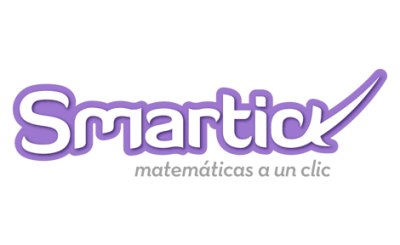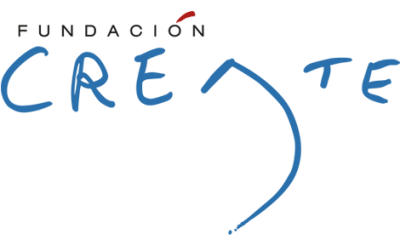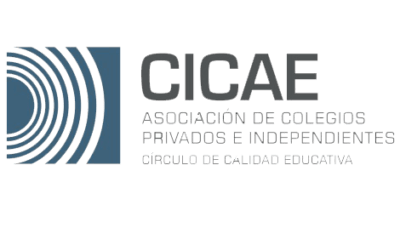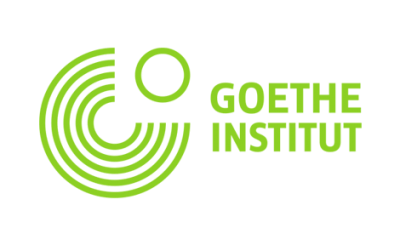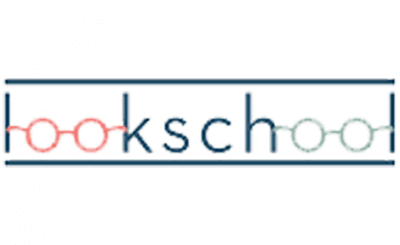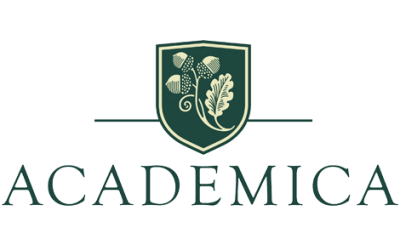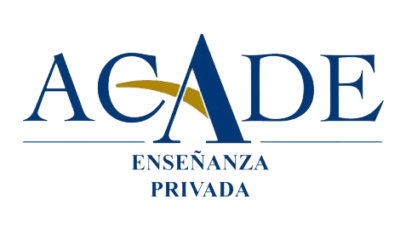The importance of new educational methods
The implementation of new educational methods enables schools to adapt their curricula to the challenges of the future. In just a few years, the labour market has been completely transformed, and new teaching methods must encourage skills such as continuous learning and creativity. In our schools we propose new educational methods that allow us to train our students in the present, thinking about the skills they will need to acquire for their future.
Essential job skills for the future
According to the World Economic Forum, job skills in the medium term will be very different from those traditionally demanded by the labour market. The essential job skills will be the following.
- Analytical thinking and innovation.
- Active learning.
- Problem solving skills.
- Critical thinking and reflection.
- Creativity and initiative.
- Leadership.
- Technological skills.
- Programming and design.
- Resilience.
- Social influence.
Learning and putting these skills into practice during the school stage is important for student development.
A student-centered teaching
The new educational methods have a protagonist, the student. It is important to know the personal needs and expectations of each person, based on a common teaching framework. Obviously, there are a number of common educational programs to be taught, but the new educational methodologies are essentially focused on the personal demands of each learner.
It is important to bear in mind that in the same group there will be people with different abilities and needs, and a modern teaching method will take these differences into account in order to offer each student the education he or she needs.
The incorporation of technology into the teaching environment
What we know as information and innovation technologies (IITs) has been incorporated into the classroom to favour the learning of generations who are already digital natives.
In recent months we have seen the importance of applying digital techniques in teaching, in our schools we are committed to a blended learning methodology, based on face-to-face classes and the potential of online classes.
Technology in the classroom stimulates the skills we discussed above. Through the use of digital media we enhance collaboration, creativity, critical thinking and communication skills.
The application of technology in language learning
Our schools attach great importance to language learning. We are part of the International Schools Partnership (ISP), one of the most important educational institutions focused on language learning. The use of technology allows us to create channels of contact with other schools, to encourage activities where students can put their knowledge into practice and to offer a digital solution to students who are already digital natives and therefore familiar with new technologies.
The digital activities are further reinforced with face-to-face activities in collaboration with other centers belonging to the ISP.
Cooperative learning as a teaching method
Traditionally, school learning has been an individual process, in which the student has been evaluated according to his or her personal abilities. The companies of the future will demand people are accustomed to working in teams, capable of generating group dynamics based on leadership and creativity, so it is important that the new educational methods already incorporate activities aimed at group participation.
Obviously, a student must acquire a series of personal skills that will be developed in the workplace, however, collaborating constantly with other students will allow them to enhance their skills and learn from people who belong to the same environment, or to different environments through digital tools.
In this sense, the concept of cooperation is fundamental. Cooperation among students will be a common challenge, and will allow all types of students to generate a habit based on help and group work. The student is always responsible for his own teaching, but he is offered an environment in which the sharing of his skills with other people is encouraged at all times.
The need to continue innovating in education on a daily basis
Both the application of digital models in the classroom and the demands of the labour sector have meant a disruptive change in the teaching and learning processes. The world has changed very fast in the last decades and personal and homogeneous teaching does not work.
New educational methods propose an educational experience centered on the student, with teaching processes that adapt, in a personalised way, to the needs and demands of each student, who is the protagonist.
Teaching processes such as blended learning, in which we combine face-to-face classes with distance classes, or the possibility of contacting students from all over the world to improve communication skills in other languages, have allowed us to revolutionize learning methods.
It is important that the student is motivated, but to achieve this the student must grow in a favourable environment, capable of offering him or her the tools he or she needs at all times, in this way the student will be able to develop his or her abilities and establish the knowledge he or she needs for the future.
A methodology focused on their future
In our educational centers, we develop student-centered training programs. From the first school years to pre-university high school courses, our commitment is based on student-centered and collaborative learning. Our attention to language learning, the incorporation of digital methodologies and the quality of our teaching staff distinguish us, which is why we have created the perfect learning environment.
We see in each student the opportunity to form a person for their future work environment, but we also take into account the skills they will need to integrate into society as a critical citizen.
The new teaching methods are oriented towards strengthening personal skills, but always based on a collaborative environment. In our international schools we continue to develop new educational methods with which we adapt to the needs of our students, the true protagonists of the educational process.
ISP Schools is a network of 11 private schools in Spain, specialists in British and international education, and part of the International Schools Partnership, one of the largest educational groups in the world, with 50 schools and 45,000 students in 15 countries. We train bilingual students, help them reach their full academic potential, and empower them to adopt an international mindset through innovative learning.
Under this premise, our educational experts have prepared this content as part of the “ISP EDUCATION TALKS” initiative, an useful resource for obtaining information and advice on key issues for the education of our children.
SANTIAGO ORDEJÓN – Innovation Team Coordinator and Head of English

